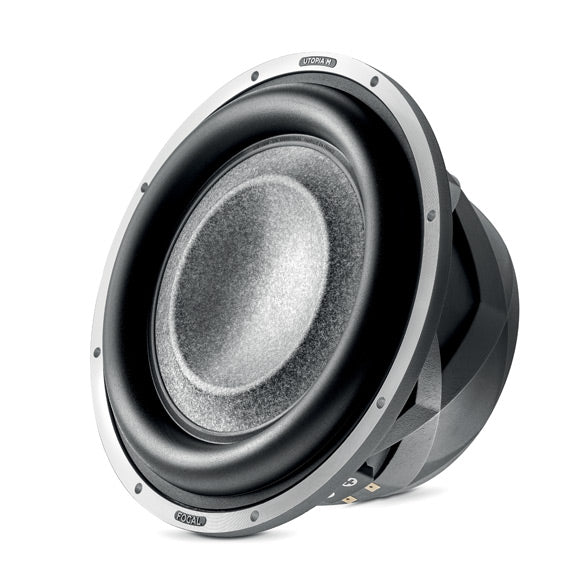
Why do you need a subwoofer?
-Better Bass Response: Subwoofers are a necessity to recreating the bass response musicians intend for you to hear. The low notes will give you a more immersive experience with your music in your system.
-Protecting your car speakers: With a subwoofer present, your smaller car speakers do not need to play the lower frequencies. This in turn creates less distortion throughout your system and your car speakers will have a less chance of being damaged.
-Feel the difference: Subwoofers can enhance your music-listening experience, adding depth and clarity that you would not be able to hear with your speakers alone. Some of the low bass notes our human ear cannot hear, but we can feel it. This feeling of the bass will enhance our music listening experience.
How to pick a subwoofer?
-
How much space do you have?
Most people think that you can just pick any subwoofer to work in any space, but that is far from the truth. Each subwoofer has its own characteristics and space requirement for best performance. You need to first see whether the subwoofer you pick will fit where you want it to. And then make sure you check the air space required for that particular subwoofer and measure to see if it matches the space you have. If you have more room, then you have the option to go with a subwoofer meant for a ported enclosure or sealed enclosure for a tighter space.
-
How much power do you have?
Power is one of the most important specs to consider when it comes to choosing a subwoofer. You need to check the RMS power rating of the subwoofer to see if it is similar to the RMS output of your amplifier. It generally is nice to have a little more amplifier power for the subwoofer. The ohm load of the subwoofer also dictates how much the amplifier will output for power, so make sure to match the specs accordingly. Also, the size of the voice coil should be considered. The bigger the voice coil, the more heat can be dissipated and thus able to handle more power.
-
What type bass do you want?
Consider the music type you listen to mostly. What is the first song you want to listen to after you have the subwoofer? Of course the larger the subwoofer, the more bass you will get because it will move more air. But the amount of bass should not be the only factor you consider; how low do you want your bass such as for rap songs? How tight do you want your bass to play? Do you want a nice balanced system or do you want a ridiculous amount of bass? These are some of the questions you should answer.

